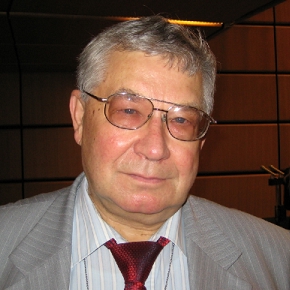 |
||
|
Fukushima Decontamination Process Lagging Behind Set Timeframe: Reports RIA Novosti, PUBLISHED 28.09.2014 The Japanese government is extending the deadline for the completion of Fukushima decontamination until 2017, amid slow progress in the cleanup process, The Japan Times reported Monday. "The government initially hoped to complete the decontamination by the end of last March, but the process continues to lag far behind, prompting the government to push back the goal by three years to 2017," The Japan Times reported. Municipal authorities are responsible for cleanup operation in the less contaminated areas in 40 municipalities, where annual radiation dosages range between 1 and 20 millisieverts. Topics: NPP Fukushima Daiichi Other news: Finnish Government Approves Rosatom Nuclear Reactor Project Ten ministers voted in favor of granting the application, while seven ministers voted against. Prime Minister: Finland to Continue Nuclear Cooperation With Russia Despite Sanctions If we look at Rosatom's activities, there have been no problems whatsoever. Russian Nuclear Experts Present Bushehr-2 NPP Project in Iran Several Russian companies, including OKB Gidropress and Atomstroyexport participated in the seminar. |
Hero of the day 
The ISTC Responsible Science Program and Subprogram Culture of Nuclear Nonproliferation The dual-use nature of nuclear technology consisting in the potential for its application equally in peaceful and military sphere is the basic contradiction for the existing nuclear nonproliferation regime and comprehensive development of the nuclear power and nuclear fuel cycle. INTERVIEW
Jerry Hopwood OPINION
Joint Plan of Action |

